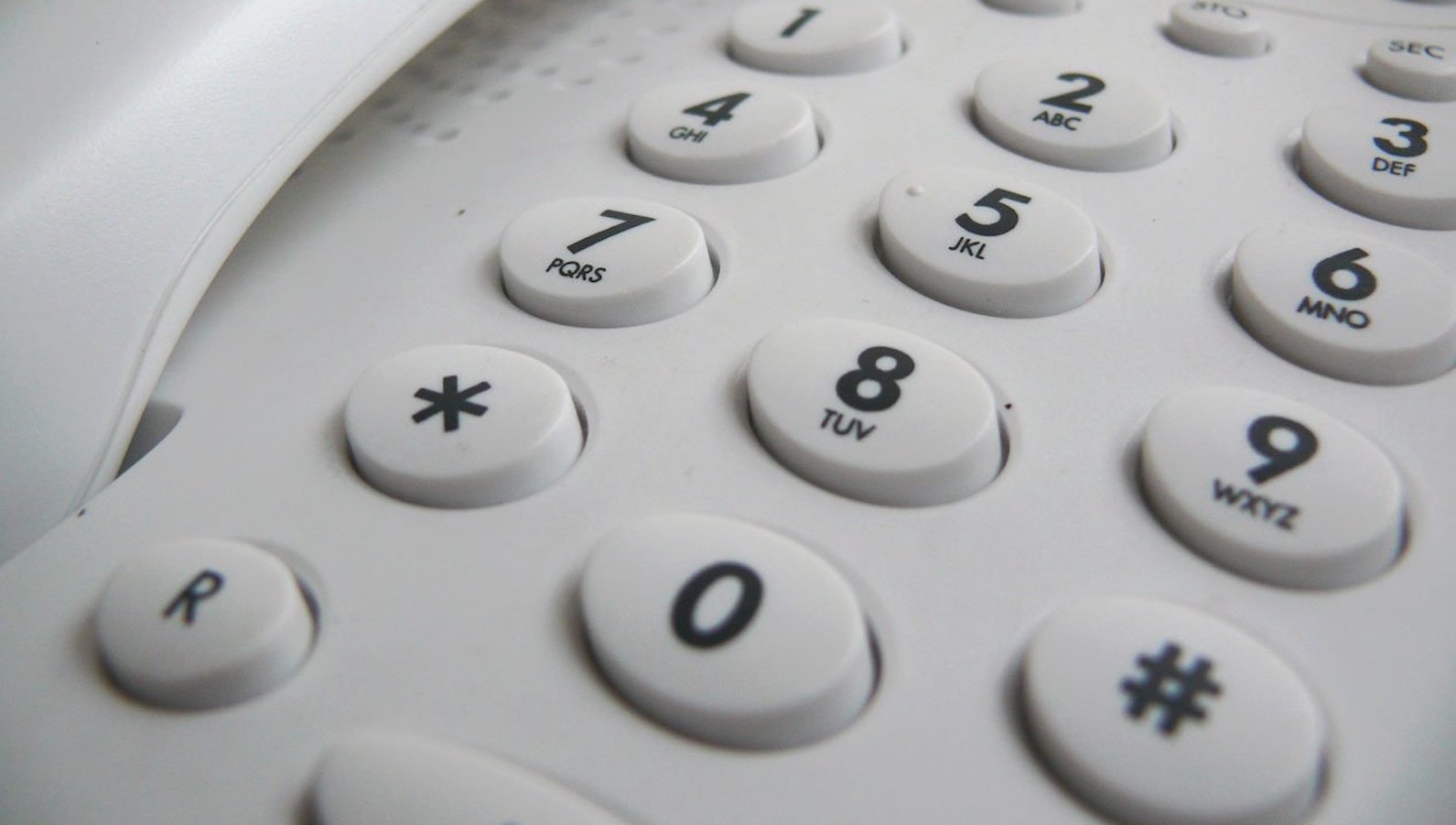
Tips for consumers expecting tax refunds
Expecting a regular tax refund or some other kind of windfall? Here are eight tips on how to make plans and avoid scams.

Whether you’re getting a regular federal, state or local tax refund, or some kind of unexpected windfall, you should have a plan for what you’re going to do with it, all while avoiding potential scams.
Pay off debt
If you have revolving debt (credit cards), the best return you’ll get on your money is paying down your credit card accounts that may be charging you 12 or 20 or 25 percent interest.
Save for a rainy day
Financial experts recommend that people have an emergency fund representing at least six months’ worth of expenses. If the last 2-1/2 years have taught us anything, it’s to expect the unexpected. If you don’t have an emergency fund, now is a good time to start one if you can.
Sock the money away
If you don’t have high-interest debt and you have a healthy emergency fund, consider putting your refund in your children’s college fund or your own retirement account.
Watch out for scams
Don’t click on email or text links that say they’re from a government office or tax entity, and don’t supply any personal information to anyone who contacts you by email, phone or text if you weren’t expecting specifically to hear from that person or office. Con artists kick into overdrive when they think they can capitalize on people’s desperation or greed. Times when consumers are expecting refunds are the perfect time for scammers to try to take advantage of people. If you’re contacted and think it might be legit, call the government office at a number you look up independently.
Use our resource on robocalls to learn more about how to protect yourself:

18 tips to reduce robocalls and protect yourself from scams
Avoid refund anticipation loans
Refund anticipation loans are what they say — a loan against a refund you’re expecting. They’re infamous in the spring during tax filing season. But they’re costly and unnecessary. They ask you to pay a fee to get your own money. And if the amount you receive early is more than you’re actually entitled to, you’ll have to figure out a way to pay it back. Don’t fall for one.
Avoid websites advertising early payments
If you use a search engine to try to get information about tax refunds or extra payments, you’ll inevitably come across some websites that falsely boast about tricks you can use to get your refund faster. Watch out for any website that asks for your banking information or asks you to pay a fee or provide your P2P account information (Zelle, Venmo, CashApp, etc.) to supposedly receive your refund more quickly.
Make sure your information is up to date
If you’ve moved in recent years, make sure your local and state tax offices and the IRS have your current address in their files. If you’ve moved temporarily or recently, fill out a change-of-address form with the U.S. Postal Service, which will forward first-class mail at no charge for one year.
Know when to expect your refund
If you don’t get your refund in a timely fashion, reach out. Your refund could have gone into the wrong bank account or been mailed to the wrong address or even stolen from your own mailbox.
Topics
Authors
Teresa Murray
Consumer Watchdog, U.S. PIRG Education Fund
Teresa directs the Consumer Watchdog office, which looks out for consumers’ health, safety and financial security. Previously, she worked as a journalist covering consumer issues and personal finance for two decades for Ohio’s largest daily newspaper. She received dozens of state and national journalism awards, including Best Columnist in Ohio, a National Headliner Award for coverage of the 2008-09 financial crisis, and a journalism public service award for exposing improper billing practices by Verizon that affected 15 million customers nationwide. Teresa and her husband live in Greater Cleveland and have two sons. She enjoys biking, house projects and music, and serves on her church missions team and stewardship board.
Find Out More

Safe At Home in 2024?

What the California Consumer Privacy Act means for you

Online privacy tips by state
